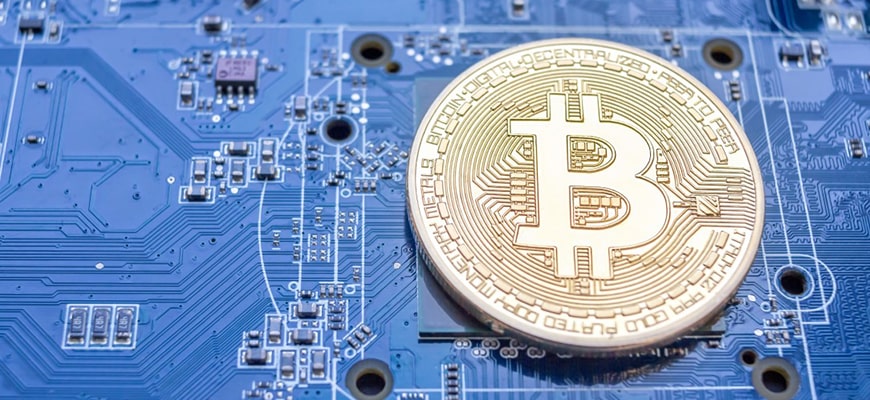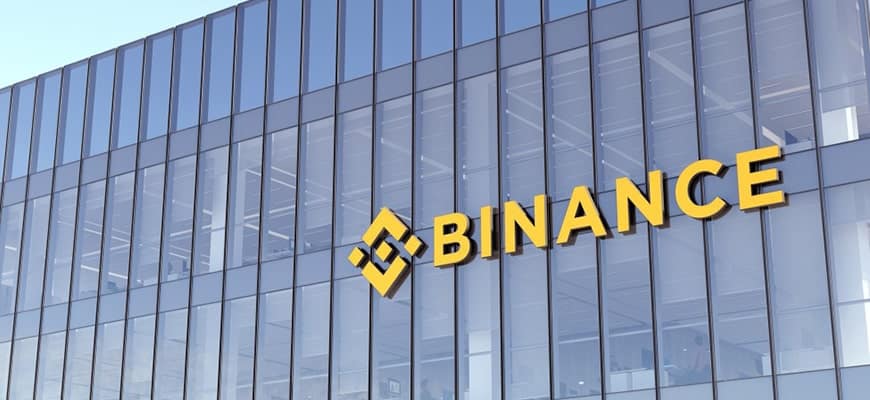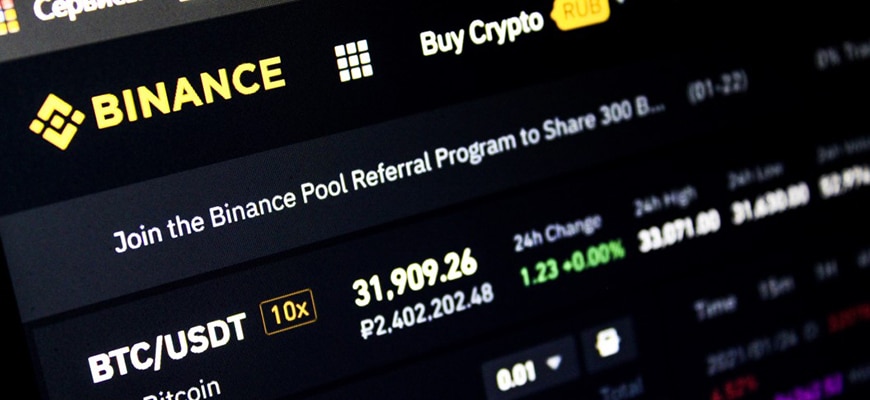Player payouts are a method of automatic payments to participants in online games immediately after the end of a tournament. Based on blockchain and smart contract technology, it provides instant processing of all payments using cryptocurrencies (ETN, MATIC, DAI, USDC, etc.).
What are Player payouts?
The industry of eSports is a fast-growing industry with an impressive number billions of dollars in profit. ESports tournaments have attracted large sponsorship deals from the world’s top companies, such as big media networks and private eSports brands. The reason for this is the fact that it has grown in demand and expanding traffic around the world.
During eSports events, organizers of the competitions can delay payments to participants by many weeks, and sometimes months. You should know that this is understandable, as the organizers have to manually distribute payouts individually for all winners. All the organizers use traditional transaction models, such as: E.g. Bank transfers, bank transfers ACH Transfer paper cheques and paper money. The methods that use are quite costly, labor-intensive and slow.
Automated paid outs to players are one of the solutions for many issues in sports. A tournament organizer can automatically automate the distribution of winnings and transfer them instantly to the participant’s crypto-wallet, by implementing smart contracts or decentralized exchange (DEX).
Smart contracts automatically process transactions, depending on pre-defined parameters. As an example, let’s look at how a smart contract for a tennis match is implemented on the Polygon network or any other smart contract ecosystem. The same process applies to tournament contracts deployed on the Polygon network or any other smart contract ecosystem. Ethereum blockchain has an electronic system of computers (nodes) that check and document all transaction data on the network. Almost all tournament organizers start by pre-setting the payout distribution. The main task of this is to decide how many participants will be paid out, choosing how many people are paid out and what percentage of the money in contract for each player should receive.
The organizers of the tournament can set up and manage payouts on the basis of individual player’s performance in the competition, using smart contracts hosted on the blockchain. Additionally, smart contracts improve the transparency of the tournament structure and payout schedule.
Almost always, the prize pool is formed from player entry fees and/or sponsorship donations, that are held in escrow as the tournament progresses. In order to initiate the smart contract-based payout, organizers will need a small number of ETH to initiate a smart contract-based payout for the post-tournament payout process. As the rating requirements are reached, as player meets the rating requirements, some transactions will be processed and documented on the blockchain. In order to pay out the cash, Tournament participants receive payments instantly and for an insignificant fee.
The CEO and co-founder of CommunityGaming, New York’s largest cybersports event company and automated tournament platform, is Chris Gonsalves, an avid gamer and technology enthusiast. With almost a decade of experience in the financial industry and a deep understanding of blockchain, Chris helps gaming companies talk about the different ways they can use blockchain technology to solve real-world problems. Chris has a BA in Economics and is an active member of the crypto gaming community. Using his knowledge of the eSports, competitive and social gaming industry, Chris helps redefine the gaming industry by connecting blockchain payment technology and tournament automation.








